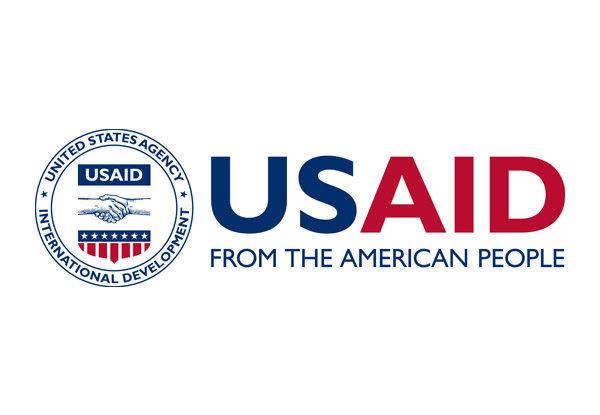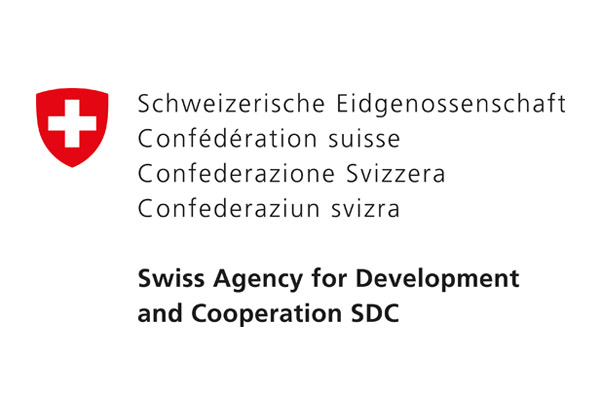Impact
Sending a thief to catch a thief in South Sudan
Boys from the Toposa and Didinga tribes in the dusty eastern corner of South Sudan first learn to care for sheep and goats. They look up to the older boys tending the cattle, moving them from the plains to the hills as the seasons switch between rainy and dry.
A herd of cows are many things to a young man: a signifier of adulthood, a source of income and resilience against drought, food in the form of milk and meat, and status. Cattle are the prized possession at the heart of a years-long conflict between the two pastoralist communities – and it’s often the youths who lead the retaliatory raids.
Thousands of people have lost their lives in attacks on both sides. At first men from the opposing tribe were targeted, now women and children are regularly killed in the crossfire. Cows are stolen back-and-forth and grass-thatched huts are raised to the ground.
Roots of Generation, an NGO, has been trying to quell the division and reduce the risks families face. Food and water insecurity are widespread in the Kapoeta region, but development interventions are difficult in this context.
Attending regional GNDR workshops has enabled the organisation to take a new approach. They have strengthened their skills in collaborating with different stakeholders, and integrating risk into development activities.
After previously working alone they have now mobilised UNDP, Justice Africa, Sudan Council of Churches, community members and representatives of the state government to try to solve the conflict.
‘You have to send a thief to catch a thief’, is a local saying, and so they have also involved the very influential perpetrators in peacebuilding efforts. Facilitated by the local government, Root of Generation brought the young ring leaders from each tribe together, face to face. Their first step has been to acknowledge the effects of the violence and the hunger it creates.
The group of stakeholders along with the communities have since penned a State Action Plan to guide organisations working in the region. It is a joint strategy that sets out how development interventions can support risk reduction.
For example, diversifying income opportunities for young men by investing in cattle by-products, meat processing and leather industries. It is not simply a plan – it’s an alternative future for the young boys tending to sheep and goats today, who are looking up at the older boys.
Become a member
Applying for membership is easy. Eligible organisations just need to complete our online application form and upload a couple of documents that confirm the organisation they work for.
If your organisation is already a GNDR member you can simply register yourself as an individual. We will then link you to your organisation and you can access all benefits.
Join GNDR


